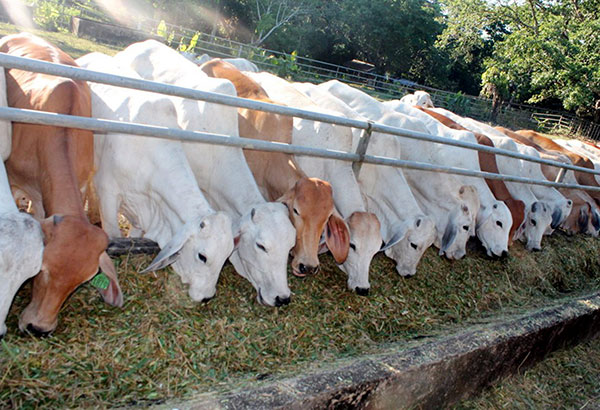MANILA, Philippines — The Department of Agriculture (DA) is looking at the province of Bohol as the country’s dairy capital as the government beefs up efforts to develop the industry and lessen dependence on importation.
Agriculture Secretary Emmanuel Pinol said Bohol is now being considered as the center for the Philippine dairy development program with the 3,000-hectare state-run Ubay Stock Farm, which is a natural confinement area for imported cattle.
“I will be meeting with Bohol Governor Edgar Chatto and Ubay Mayor Costan Reyes to present to them a proposal which would turn the province of Bohol into the dairy capital of the Philippines,” Pinol said.
“Should Bohol officials and the people accept the project, the province stands to benefit greatly since along with the establishment of the dairy farm in Ubay, we will ask big milk companies like Nestle to look into the prospects of establishing a fresh milk-packaging plant in the Ubay Stock Farm,” he added.
The plan aims to ensure that the milk produced by the estimated 5,000 heads of Girolando dairy cattle to be imported would be transferred directly from the milking parlors to the fresh milk packaging plants.
The 5,000 heads of Girolando dairy cattle are expected to produce 22-million liters of milk annually.
“The project is expected to provide employment for the local people and additional sources of income for the farmers who would be engaged in the planting of forage and in the fattening of the male offsprings of the dairy cattle,” Pinol said.
“When the dairy cattle population in the Ubay Stock Farm has increased, a municipality-based dairy farming program will be introduced to the different towns of the province to be owned and operated by Bohol farmers, thus turning the whole island into the dairy capital of the country,” he added.
The department is looking into the construction of a modern slaughterhouse and processing facility.
The program targets to increase the milk and dairy production in the country from 1.8 percent of the national requirement to 10 percent by 2022.
Last year, dairy production went up four percent to 21,160 metric tons, registering the highest increase under the livestock sector at 10 percent to P715 million.
Despite this, the industry still could not supply the local requirement as the country imported 453,000 metric tons of dairy valued at $808 million in 2016.
Most of the imports were from New Zealand accounting for 39 percent of the total and the US (24 percent). Other sources were Australia and Germany.


